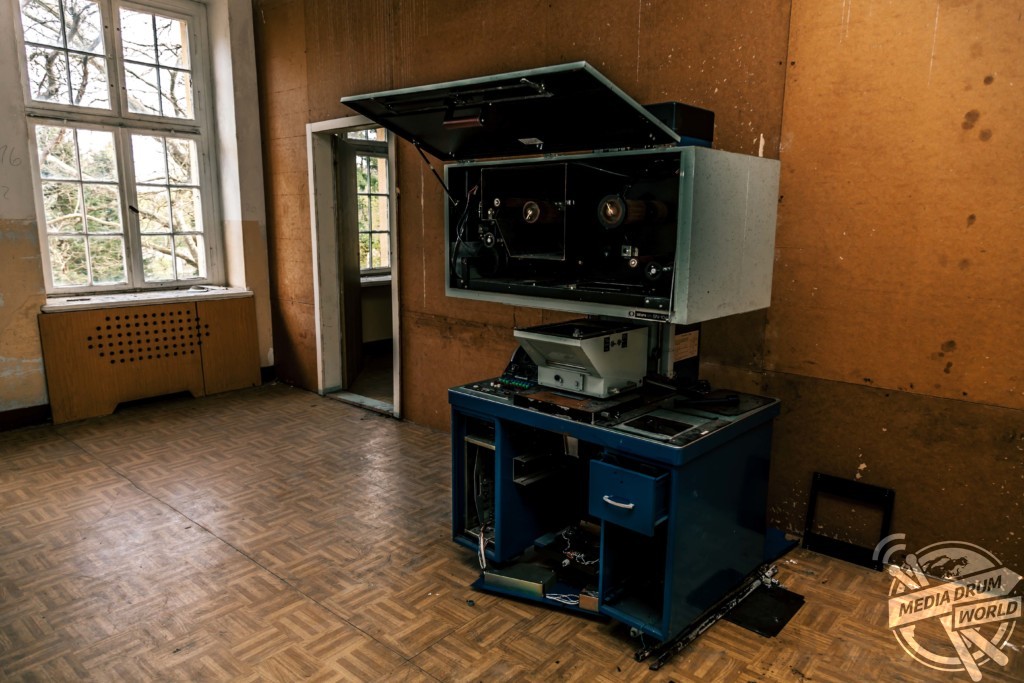By Timmy Odejimi
DISTURBING images offer a glimpse into the crumbling remains of ‘Little Moscow’ which was once home to the Soviet Red Army.
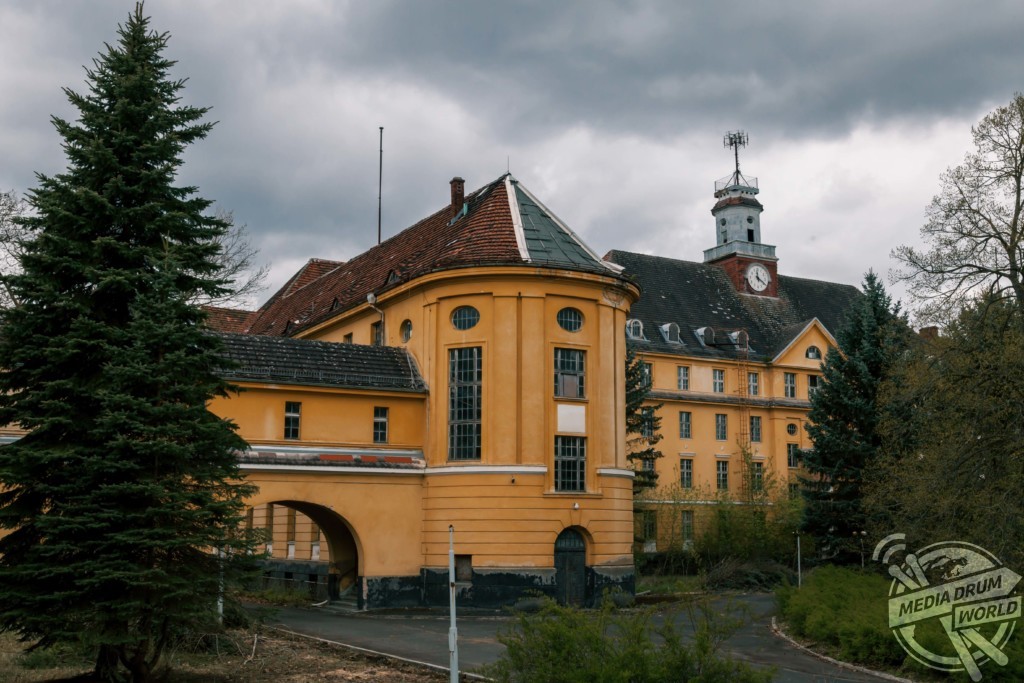
The eerie pictures show a rusty and decayed statue of Russian communist Vladimir Lenin at the town’s entrance, emptied swimming pools, paint peeling off cracked walls, a skeleton of a dead dog, and gas tanks.
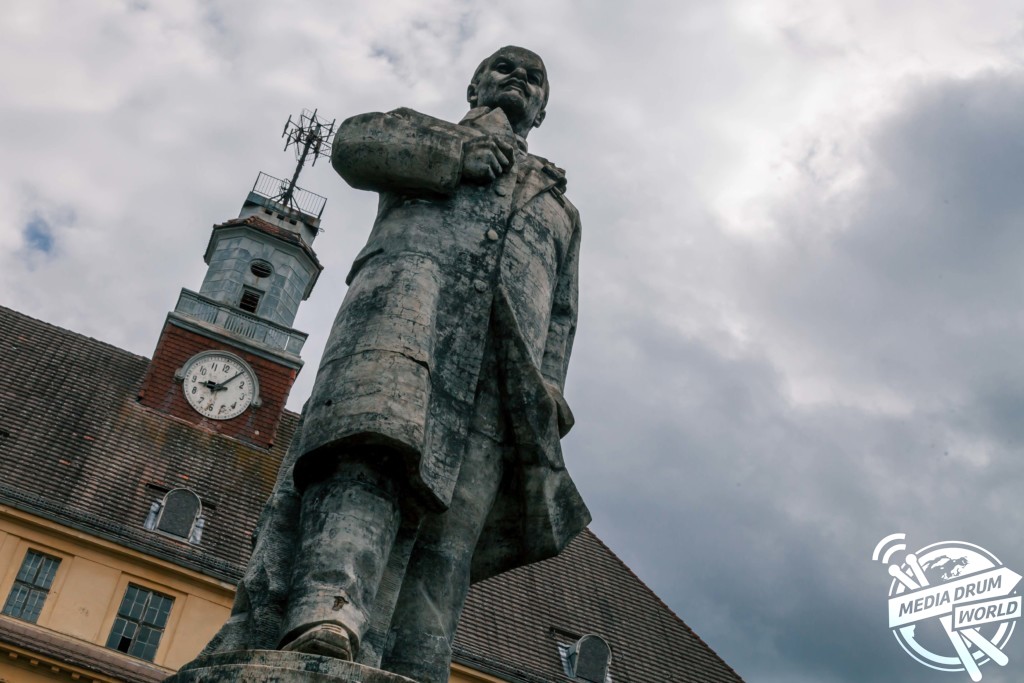
Other haunting shots display an assembly hall in the heart of town where thousands of soldiers would gather, awaiting instructions from their generals.
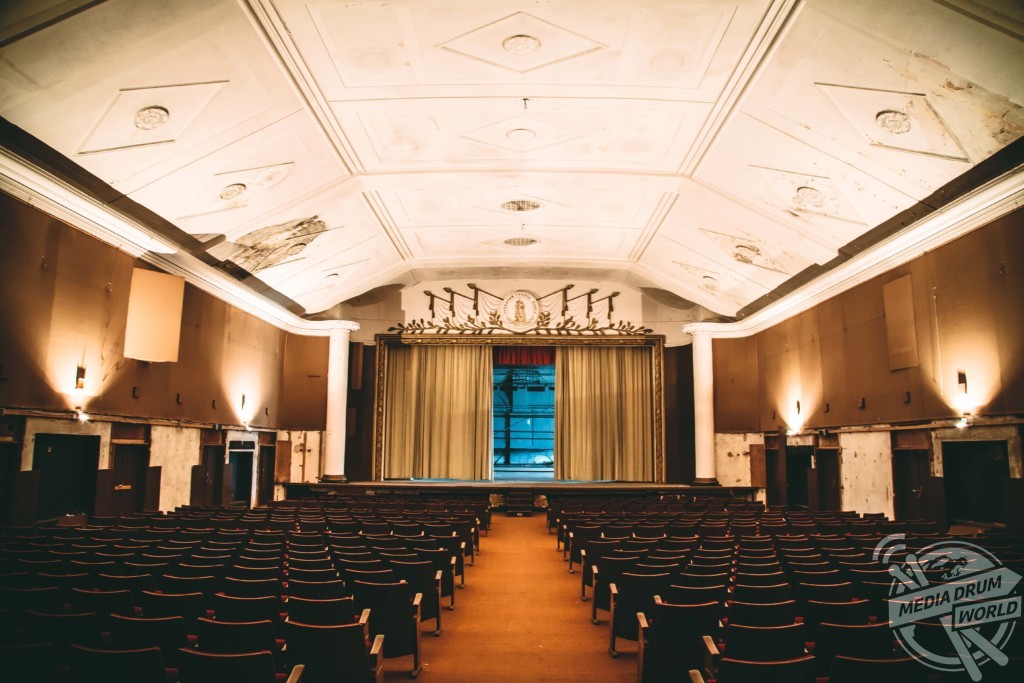
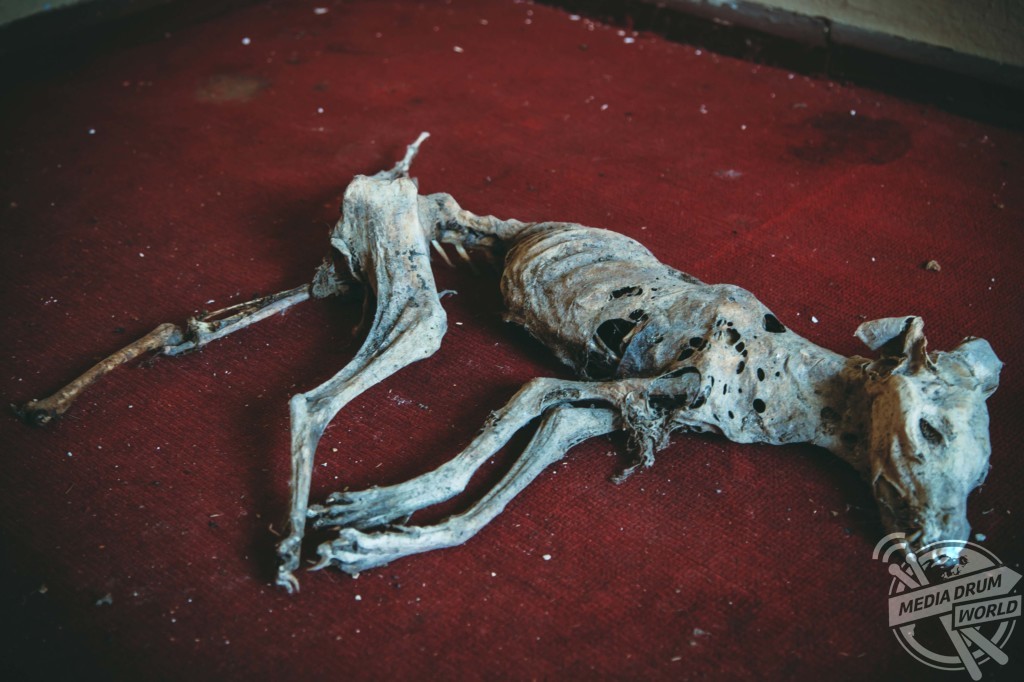
“The town is twenty-five miles south of Berlin, and once accommodated more than 50,000 Soviet Red Army troops,” Andrei said.
“They lived inside one of the biggest military bases in Europe and the biggest Soviet military camp outside the USSR.
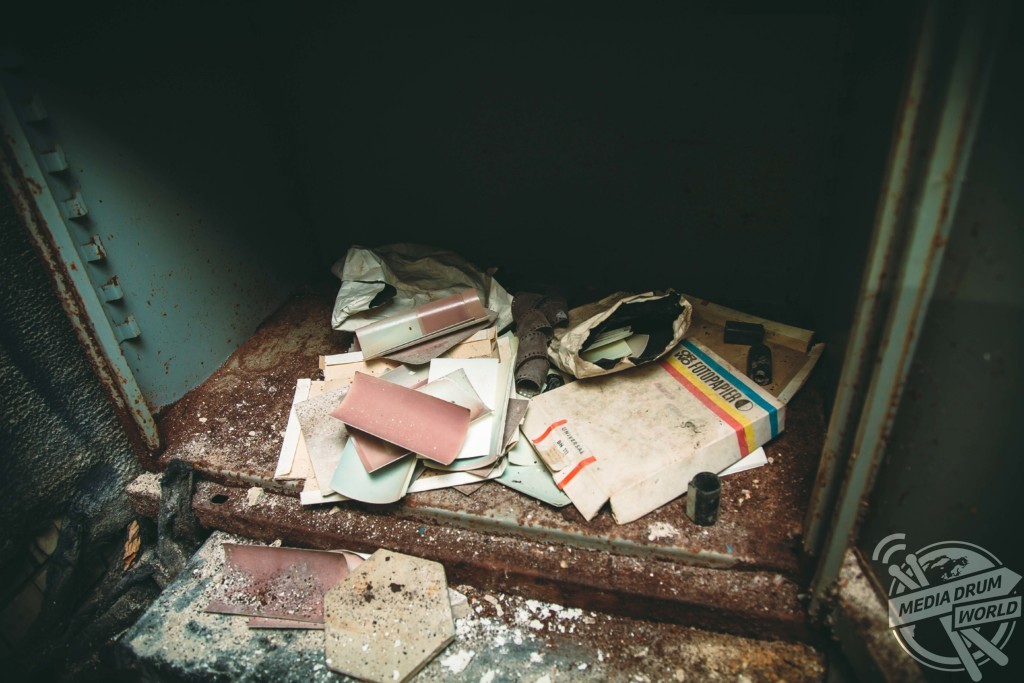
“Less than thirty years ago the town had a population of sixty thousand, but it is now home to about six thousand inhabitants.
“The town also accommodated family members of ensigns and officers.
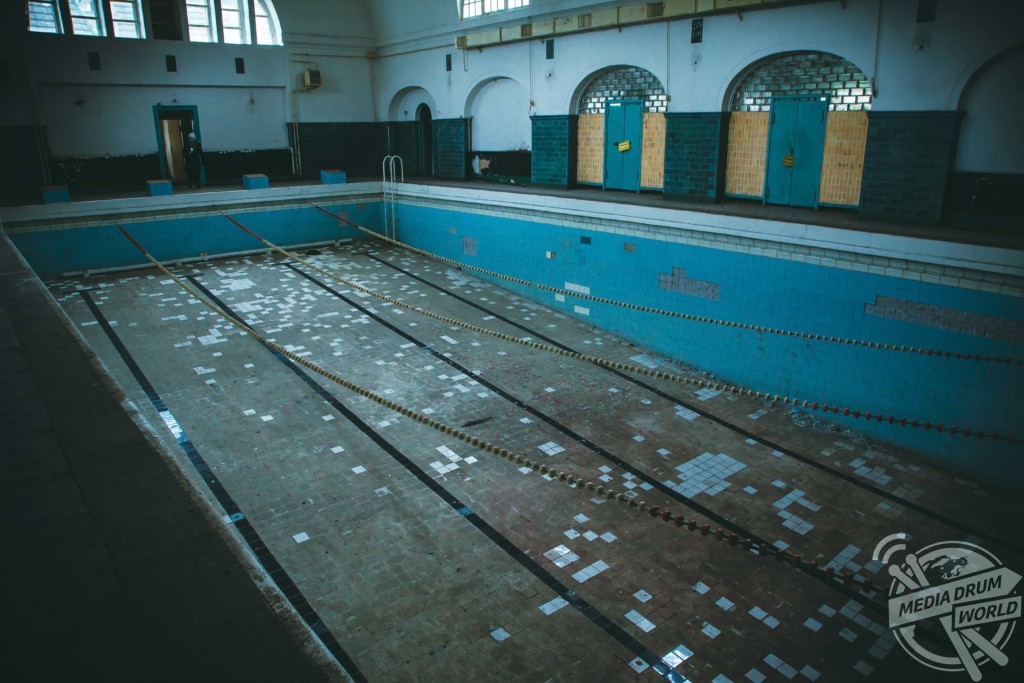
“This was the largest base of Soviet troops during the Cold War.”
The town once operated as a headquarters of Soviet forces in Germany and had daily trains transporting passengers and soldiers to the Soviet capital.
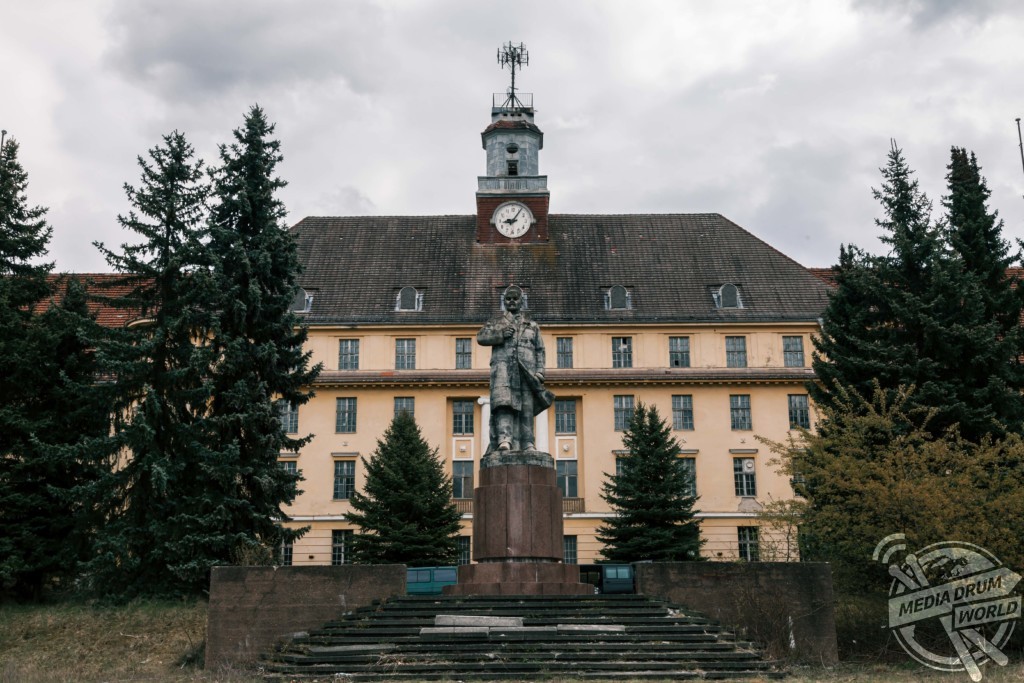
The shocking and insightful photographs display what was a whole town home to the Soviet army and contained a television studio, cinema, and an international hall.
“It was the former headquarters of Soviet forces in Germany and was so large it was known as ‘Little Moscow’,” said Andrei.
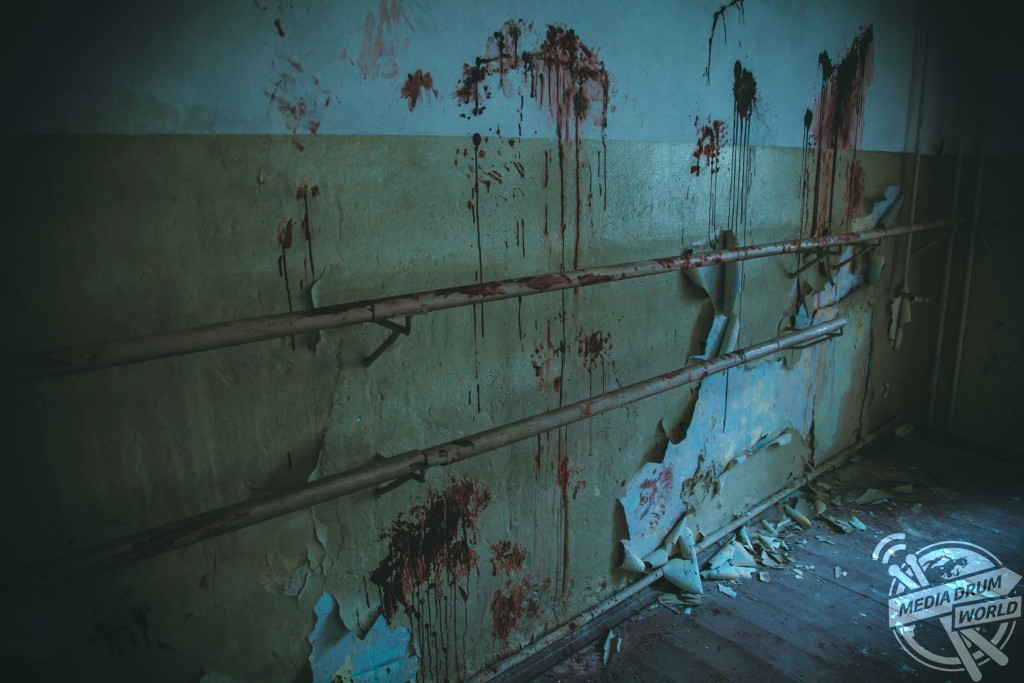
“After the fall of the Berlin Wall in 1989, the reunification of Germany and the dissolution of the Soviet Union, the Russian soldiers were called back home. Families left in such a hurry they couldn’t take everything.
“I cannot believe that there was once a television studio, a hall for solemn receptions, cinema, and an international hall.
